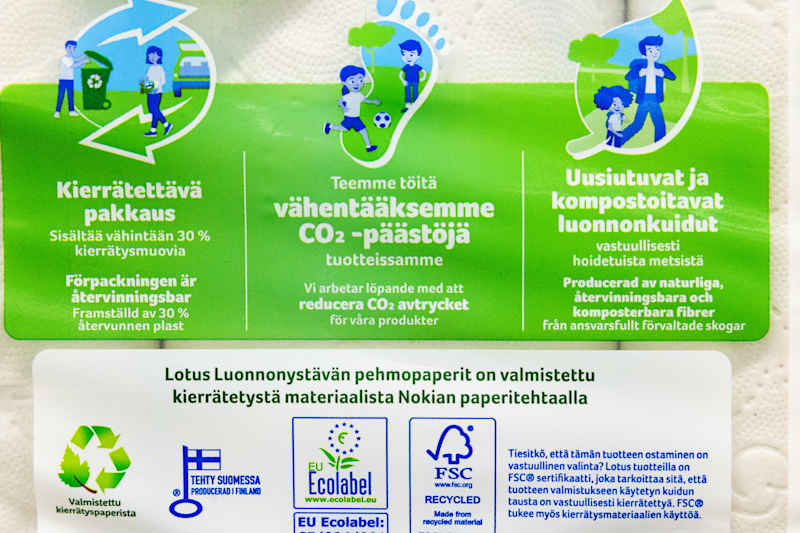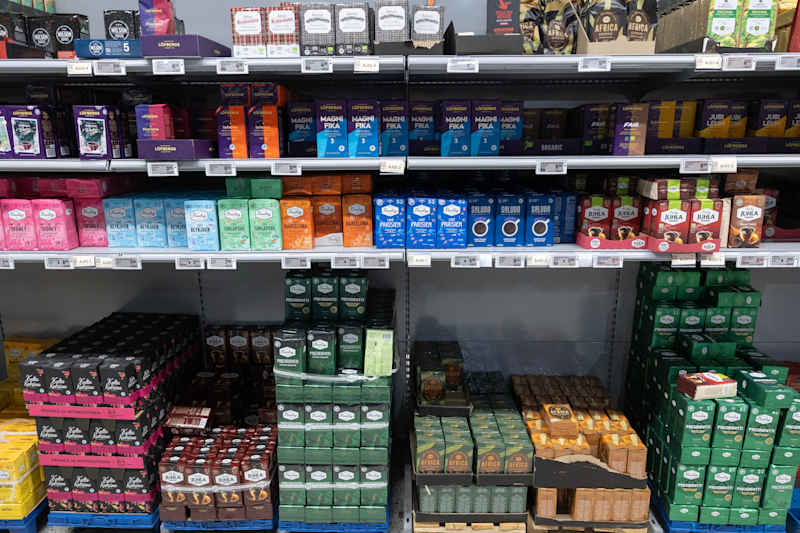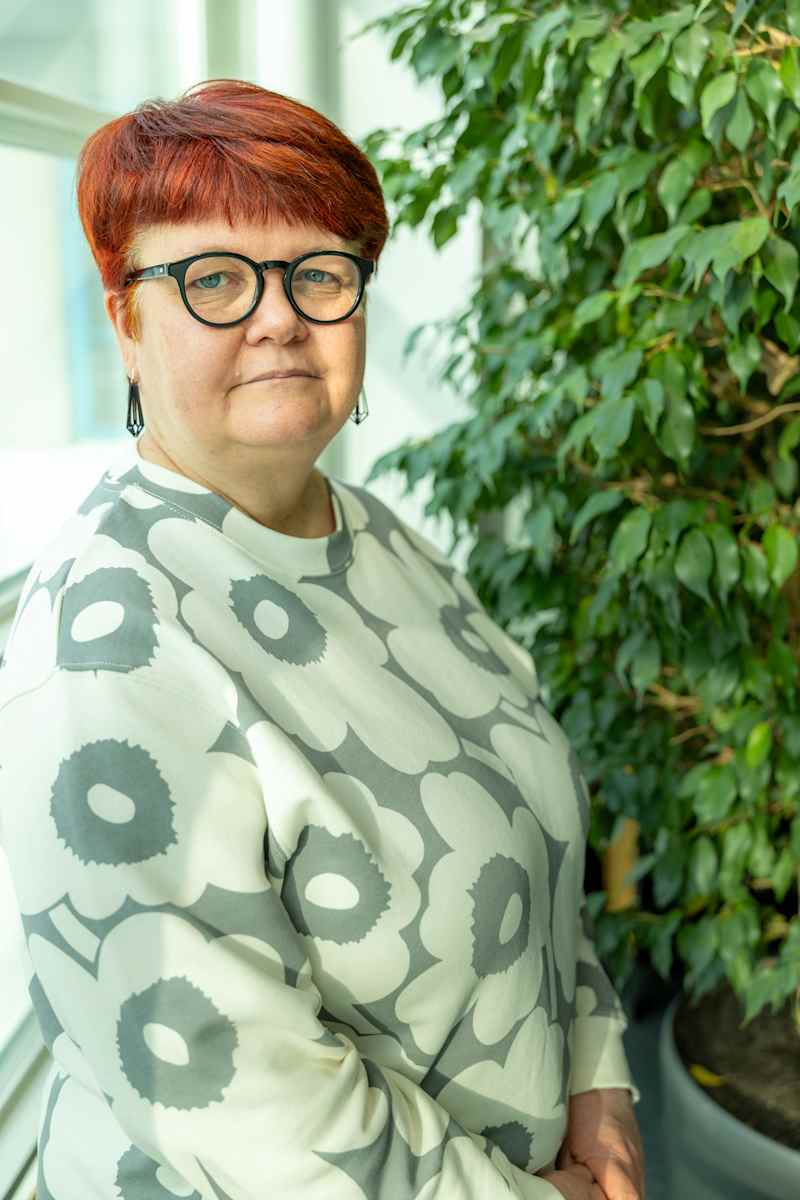EU bans misleading carbon neutrality claims – buying climate units does not remove product emissions
Many products and companies advertise themselves as carbon neutral. Now this is about to change, as an EU directive makes carbon-neutral claims on products more controversial.
*Hiilineutral. Journey towards carbon neutrality. Carbon neutral in 2030.*
This is the kind of climate-friendly claims that products, services and companies make about themselves. Now such carbon neutrality claims are being banned in the EU.
Carbon neutrality claims for products and services aimed at consumers are already banned at directive level in the EU. National implementation is still pending, so some products will still display claims.
For companies, the Green Claims Directive is still ongoing, but it is also likely to deny companies’ allegations of their carbon neutrality.
So, have consumers all these years cheated with claims that a product or company would be carbon neutral?
– Probably in some cases yeah and in some cases not, Kaskeala says.

It has been possible to get a carbon neutral claim in the product by purchasing emission units where climate work is done somewhere else, for example by planting trees. Thus, carbon neutrality has been purchased by compensating for emissions somewhere else.
In any case, it is very difficult to say how well the emission reductions or carbon sinks work somewhere else. Therefore, there has been a lot of green washing on the market. Regulation has been missing. The claim about carbon neutrality has been a good selling point.
In reality, few things are completely emission -free. In the United States, Apple has even been challenged to claim that its watches are carbon neutral.
In addition, there has been a lot of double calculation. This means that if the company has purchased emission units from a country to compensate for its own emissions, this country has counted them as their own emission reductions. In addition, the company, which purchased the units, has notified them as their own emission deductions.

More truthful claims
Now let’s move towards more truthful statements. They do not realize that all emissions would be overturned by purchasing emission units. Climate units purchased to overturn emissions when they are usually not reliable enough.
A group of carbon marketers, such as the CompenSate Foundation and the Gold Standard, which administers the carbon market certification, are now pushing for companies to do a new way of working on climate work. In addition to your own emission reductions, additional climate measures will be performed. However, it is not claimed that making their own emissions would be overturned.
Additional actions mean that they would not have happened without the refund paid.
– The starting point for everything should be that the company’s emissions are reduced and companies should have emission reduction measures that are in line with the Paris Agreement and a one and a half degrees. But it is good that companies admit that they still have emissions, and it causes a significant climate damage, climate damage actually and there is a reason to take responsibility for it, Kaskeala says.

In the past, the term compensation for emissions was used to buy emission units from the carbon market to overturn the climate hazards of their own activities.
We are now developing new ways to bear climate responsibility, which will continue to utilize the carbon market, but do not make an accurate claim of the annulment of emissions. Instead, it can be reported that or supported for climate action, they have been constituted.
– We are more honest and more open and the uncertainties are given to the claim, Kaskeala says.
The Compensate Foundation is a non-profit expert organization that since 2018 has strengthened the honesty of voluntary carbon markets and highlighted their key challenges.
Did we go green?
– Have you gone to the so -called landlord, you no longer really dare to tell them about what you do, when you don’t really know what’s right to say and what you can say, Elomaa ponders.
Most of the S Group’s emissions come from the products sold in the store and the customer choices. Own activities account for one percent of emissions.

Today, the S Group counts all of these emissions in their emissions inventories.
– The most important thing is that there are deeds behind. It also requires regulation, that is, genuine acts that reduce emissions. I think it’s a key thing. When there are real deeds behind, you can also talk about them, Elomaa says.
